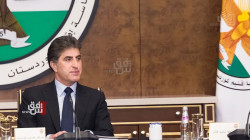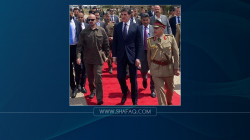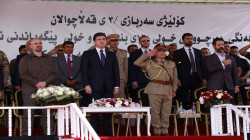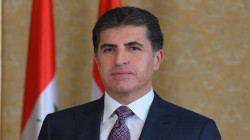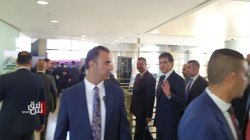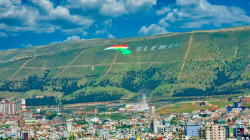Governor: Kurdistan Region President discusses security, economy in Al-Sulaymaniyah visit
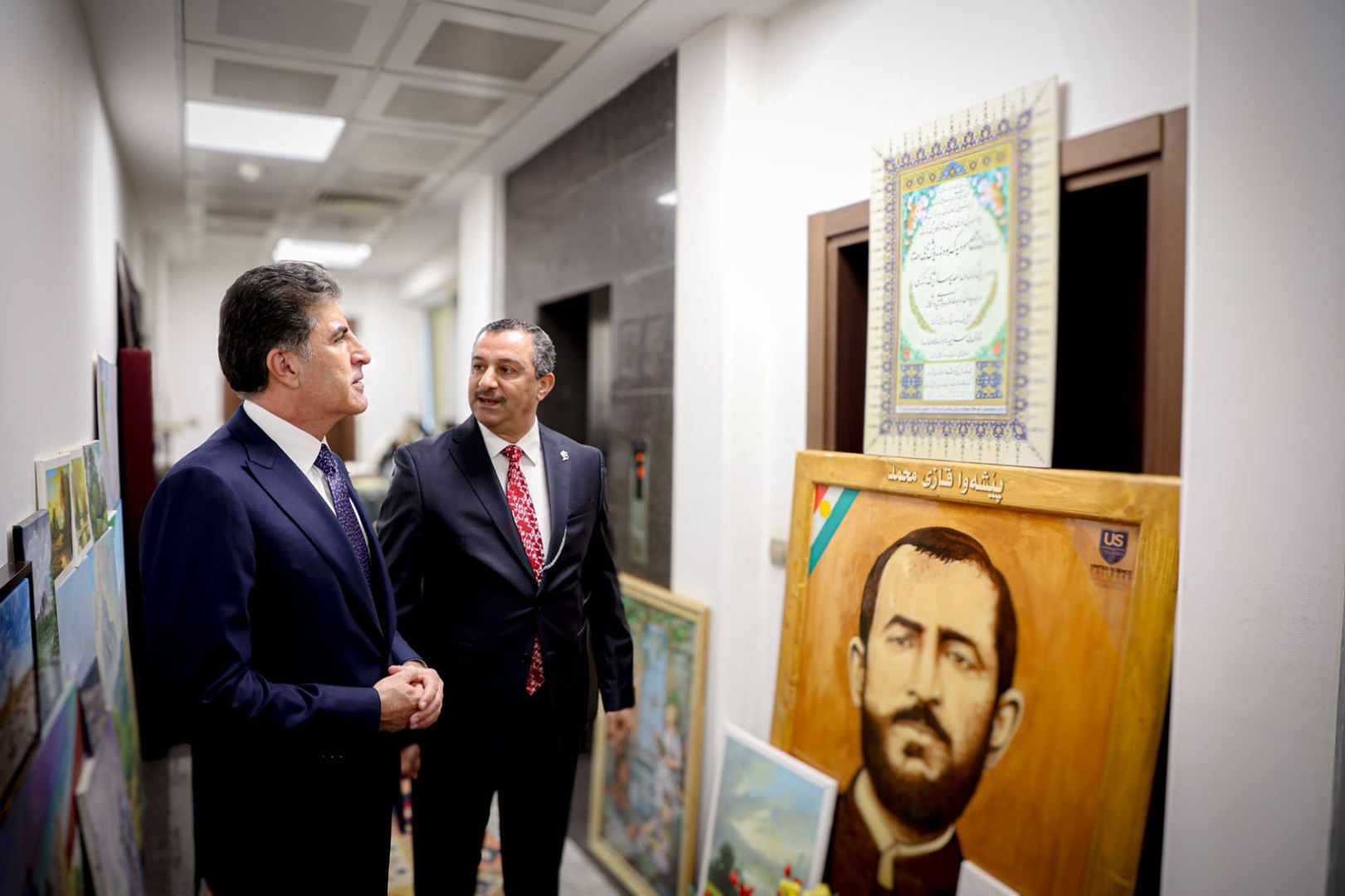
Shafaq News/ Kurdistan Region President Nechirvan Barzani met with local officials in Al-Sulaymaniyah on Tuesday, discussing key issues including security and economic development, according to Al-Sulaymaniyah Governor Haval Abu Bakr.
Barzani’s visit to Barzani’s visit to Sulaimani is part of a broader series of meetings with local governments across the Kurdistan Region.
Following the meeting, Abu Bakr told reporters that Barzani met with the local government at the provincial headquarters “to review completed projects and discuss the support provided by the Kurdistan Regional Government (KRG) and the federal government to the governorate.”
“In a separate session, Barzani held talks with security, service, and relevant officials within Al-Sulaymaniyah’s jurisdiction.” Abu Bakr pointed out Barzani’s “strong backing for the local government and its institutions, particularly as the governorate prepares for the official launch of the Kurdistan Region’s parliamentary election campaign on Wednesday.”
"We requested regular meetings between the KRG, political parties, and governmental institutions, as well as a unified national agenda to guide our efforts," Abu Bakr said.
He also raised the issue of Al-Sulaymaniyah International Airport, urging the Kurdish President to negotiate with Turkiye to lift the flight ban imposed on the airport and to explore its further development. “Al-Sulaymaniyah airport is strategically positioned as a key transit point connecting Southeast Asia and Europe,” he added, noting its proximity to major hubs like Erbil, Turkiye, Doha, and Dubai.
Abu Bakr further stressed the need for dialogue with Turkiye over recent airstrikes that have damaged civilian properties and farmlands, calling for political, security, and military talks to end the attacks.
The governor concluded by discussing the importance of improving a vital trade route connected to the Bashmakh international border crossing, aiming to boost the region’s commercial ties.
